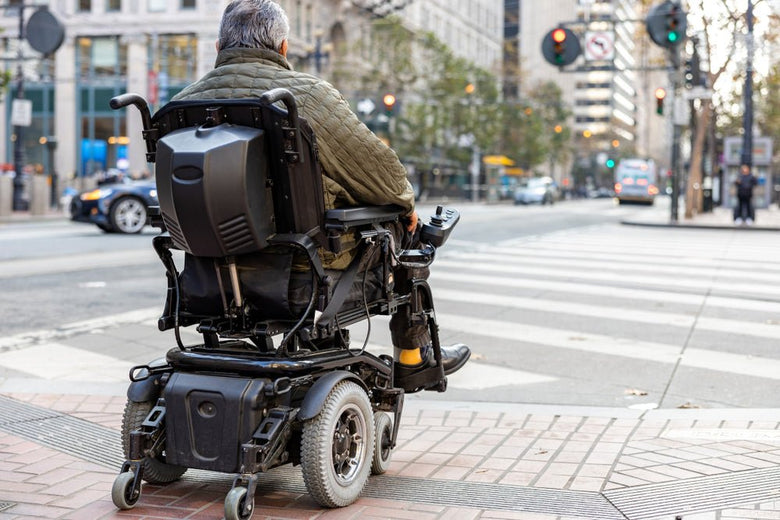As we gracefully journey through life, the ability to hear the world around us is a cherished gift. However, many older adults find themselves facing challenges with hearing, prompting one to ask: what causes hearing loss in elderly? This concern is not unusual, and understanding the reasons behind this condition is essential for maintaining a high quality of life.
In this extensive exploration, we will delve into the various factors contributing to hearing loss in older adults. By understanding these causes, individuals and their loved ones can take steps towards prevention, management, and potentially, improvement of their auditory health.

Understanding Hearing Loss in the Elderly
The Anatomy of Hearing
Before diving into specifics, it’s important to comprehend how our hearing functions. The ear is a complex organ, comprising the outer, middle, and inner ear. Sound waves enter through the outer ear, travel through the ear canal, and vibrate the eardrum. These vibrations are then transmitted to the tiny bones in the middle ear, which amplify the sound and send it to the cochlea in the inner ear.
Age-Related Hearing Loss
The most prevalent type of hearing loss in seniors is known as presbycusis or age-related hearing loss. This typically occurs gradually, affecting both ears equally. It’s mainly caused by changes in the inner ear as we grow older. However, other parts of the ear and the auditory nerve might also contribute to the problem.
Primary Causes of Hearing Loss in the Elderly
Genetic Factors
Genetics play a significant role in hearing loss. If there is a family history, the likelihood increases. Certain genes can predispose individuals to age-related hearing loss, making it essential to consider familial tendencies.
Exposure to Loud Noise
Prolonged exposure to high noise levels can damage delicate hair cells in the cochlea, leading to noise-induced hearing loss. Many elderly individuals have experienced this type of exposure throughout their careers or hobbies.
Health Conditions
Various health conditions can impact hearing. Conditions like high blood pressure, heart disease, and diabetes can compromise blood flow to the ears, negatively affecting hearing. Discover more about low blood pressure in elderly.
Medications
Certain medications, known as ototoxic drugs, can harm the inner ear, leading to hearing loss. It’s crucial for seniors to review their medications with a healthcare provider to understand potential side effects.
Preventing and Managing Age-Related Hearing Loss
Healthy Lifestyle Choices
Maintaining a healthy lifestyle can greatly reduce the risk of hearing loss. Regular exercise enhances circulation, while a balanced diet supports overall ear health.
Regular Hearing Check-Ups
Proactive monitoring of hearing health is vital. Regular check-ups can help detect hearing loss early, allowing for timely interventions and treatments.
Use of Hearing Aids
For many, hearing aids provide an effective solution to manage hearing loss. Advances in technology have made these devices more discreet and efficient.
When to Seek Professional Help
Signs and Symptoms
If you notice symptoms such as frequently asking others to repeat themselves, difficulty understanding conversations in noisy environments, or a ringing in the ears, it’s time to consult a hearing professional.
The Role of Audiologists
Audiologists are trained specialists who can evaluate hearing health. They can conduct tests to determine the extent and type of hearing loss and recommend suitable interventions.
Community Support
Reaching out to community resources can provide additional support for those experiencing hearing loss. These organizations offer a range of services to assist with managing the condition.

FAQs
What are the first signs of hearing loss in seniors?
Initial signs may include difficulty understanding speech in noisy places, frequently turning up the volume on devices, and unexplainable fatigue after conversations.
Are there any home remedies for hearing loss?
While there is no substitute for professional healthcare intervention, some home remedies may help. Reducing exposure to loud noises and maintaining good ear hygiene are a start.
Can hearing loss due to presbycusis be reversed?
While presbycusis is often irreversible, hearing aids and other medical interventions can significantly improve the quality of life for sufferers.
For further understanding, consider reading this helpful guide on caring for elderly loved ones at home available on Aging Arkansas.
This article contains affiliate links. We may earn a commission at no extra cost to you.

